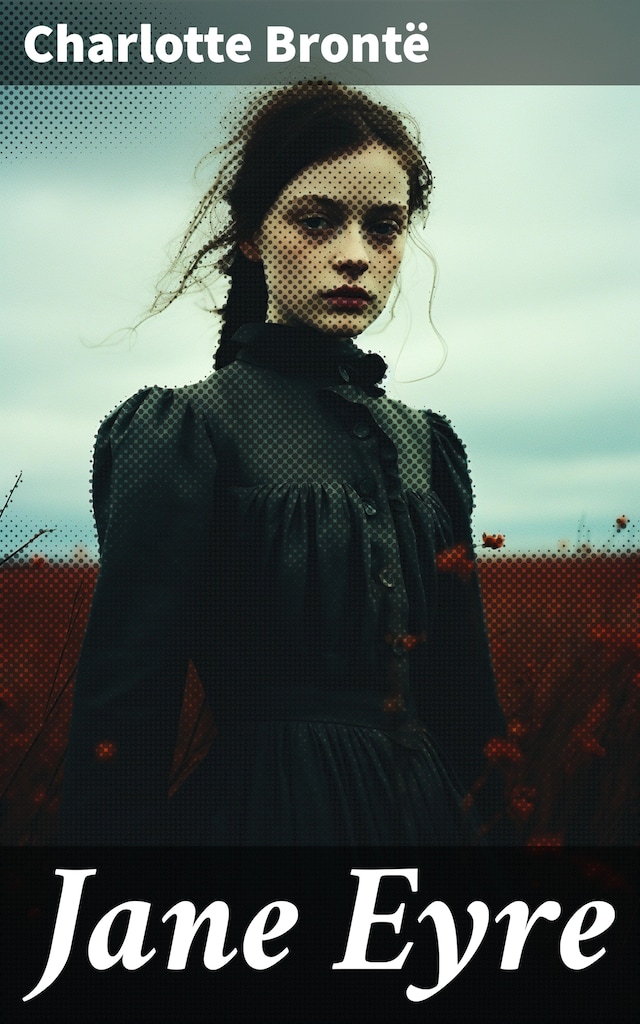
Jane Eyre
A Journey Through Victorian Society and Feminist Identity
Description of the book
In Charlotte Brontë's novel, Jane Eyre, the reader is taken on a compelling journey through the life of the titular character. Set in the 19th century, the book delves into themes of social class, gender roles, and morality. Brontë's literary style captivates the audience with its vivid descriptions and deep introspection, making the work a timeless classic in English literature. The gothic elements in the novel add an air of mystery and suspense that keeps readers engaged from start to finish. Jane Eyre's independence and resilience serve as a beacon of hope for those facing adversity, making it a poignant and impactful read. Brontë masterfully weaves a tale that transcends time and speaks to the universal human experience. Charlotte Brontë, a Victorian writer, drew inspiration from her own challenging life experiences to create the character of Jane Eyre. As an unmarried woman of her time, Brontë navigated the societal constraints placed upon her, influencing her portrayal of Jane's struggle for independence and self-discovery. Her remarkable insight into the human psyche and her feminist views shine through in the character's development and interactions. I highly recommend Charlotte Brontë's Jane Eyre to readers who appreciate classic literature with strong, complex female protagonists. The novel's exploration of love, morality, and personal growth resonates with audiences of all backgrounds, making it a must-read for those seeking a thought-provoking and emotionally rich literary experience.
 Charlotte Brontë
Charlotte Brontë 634 Pages
634 Pages